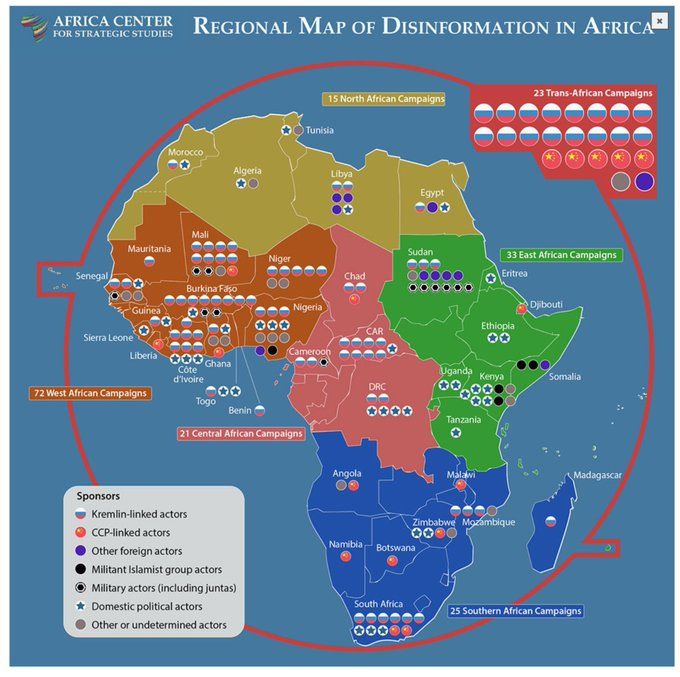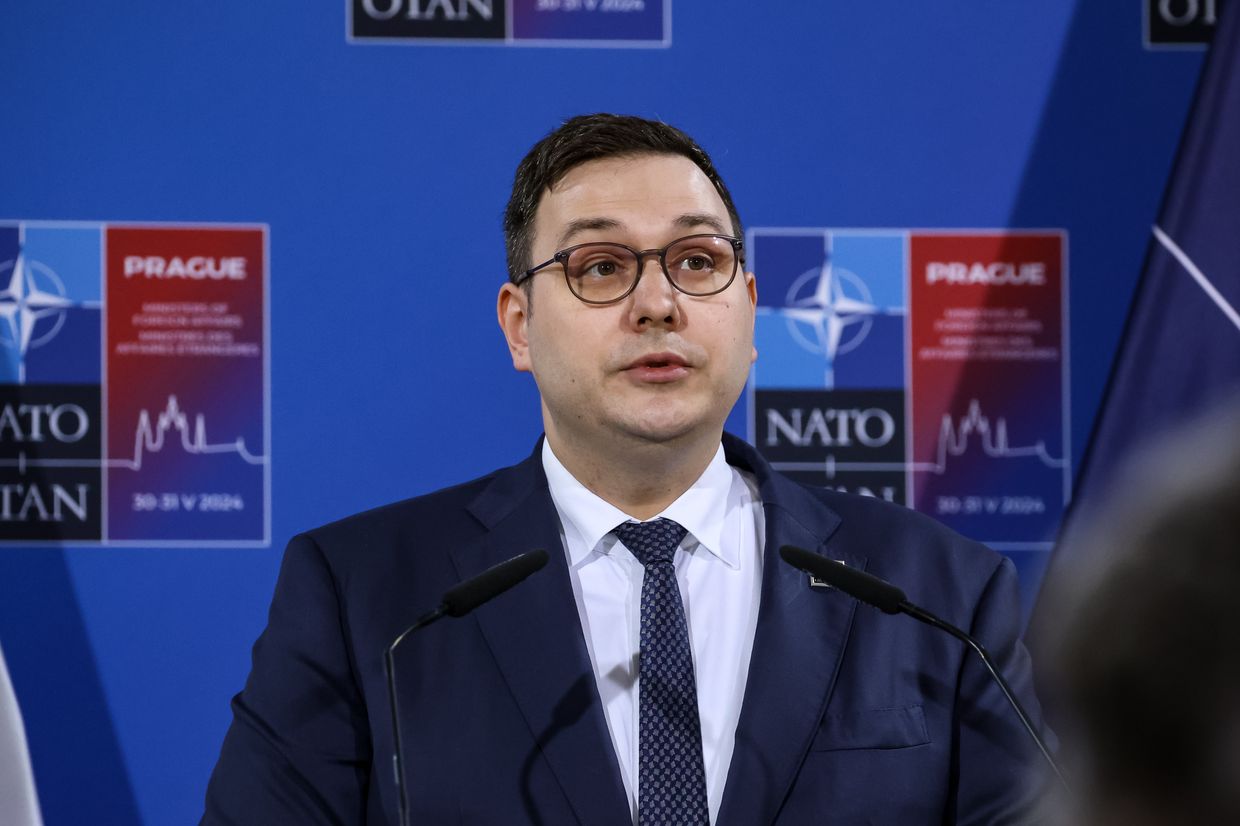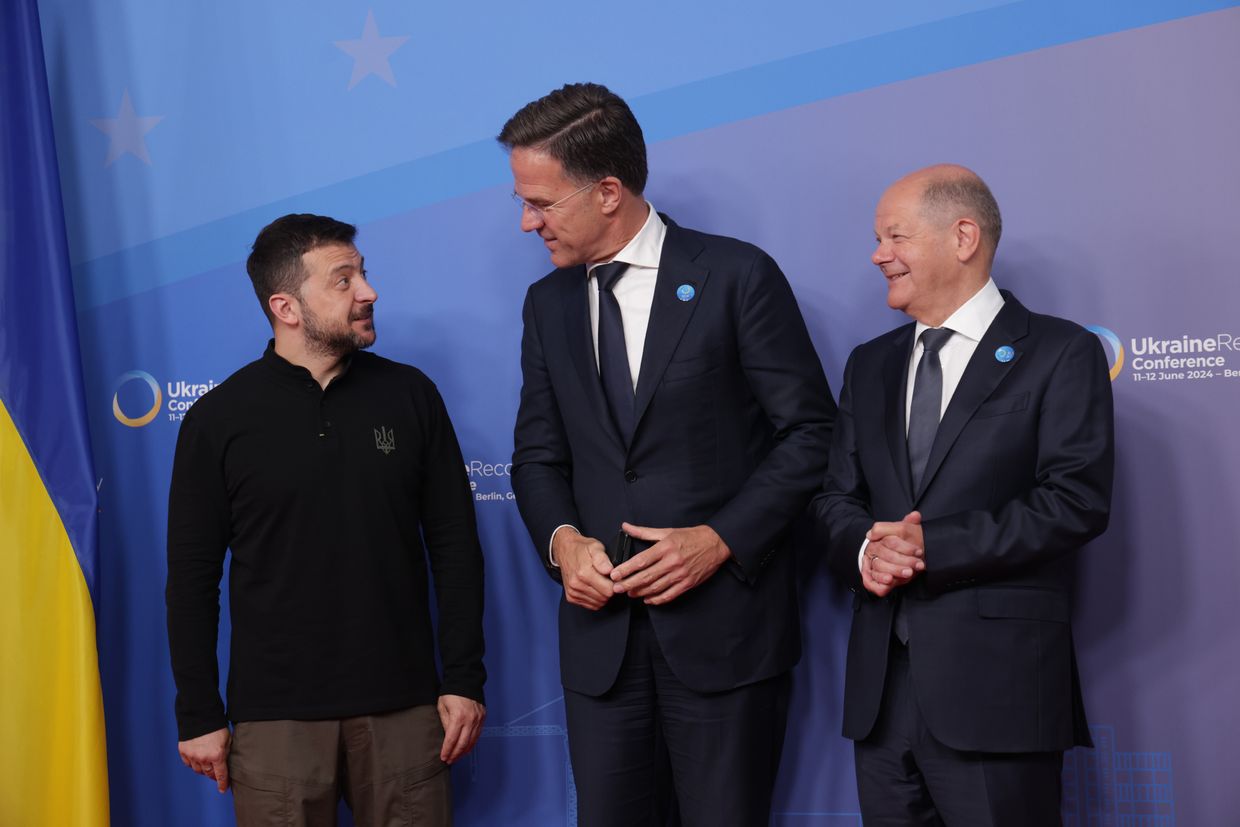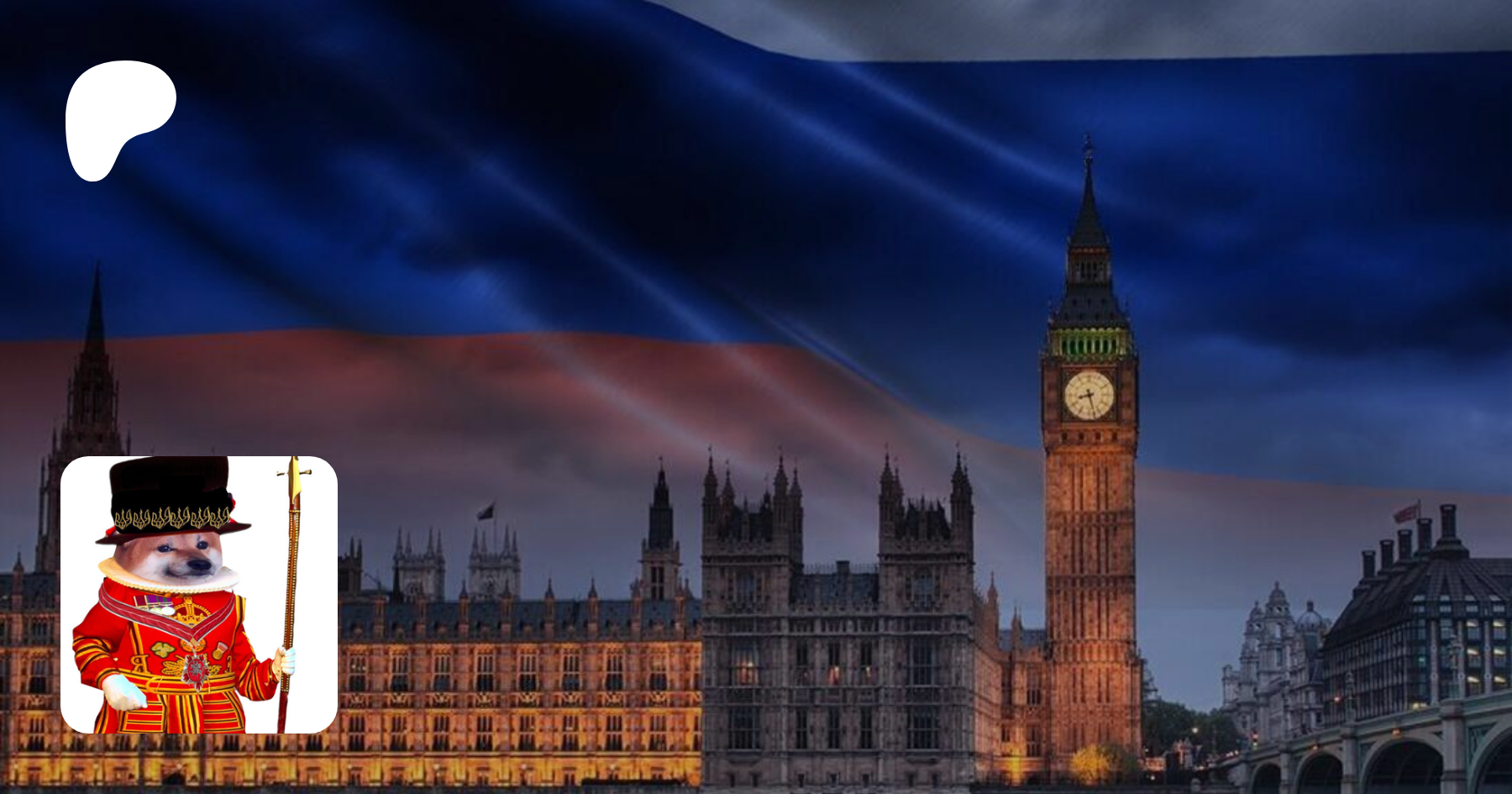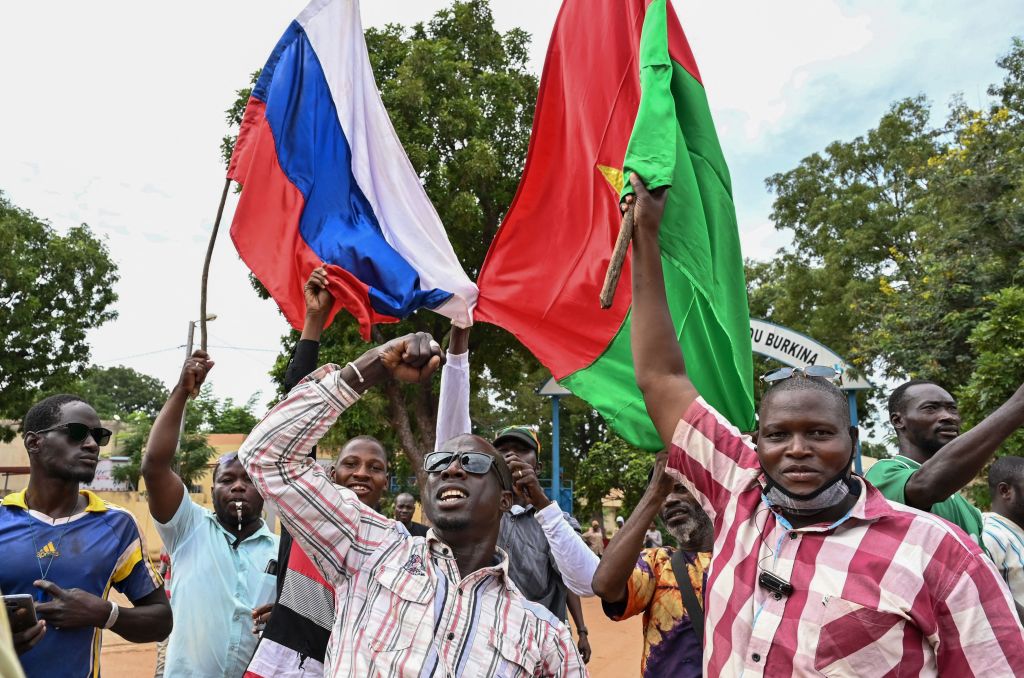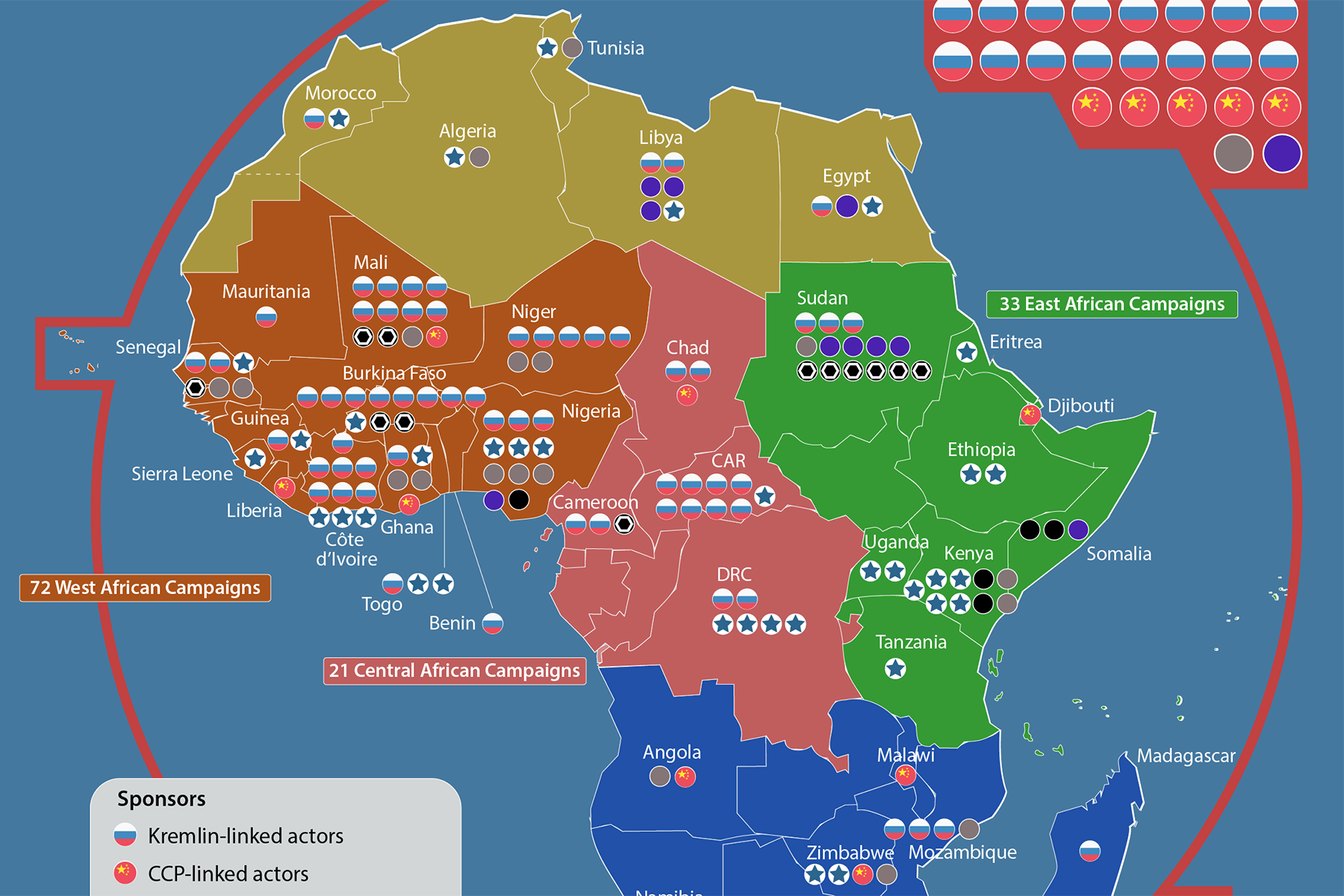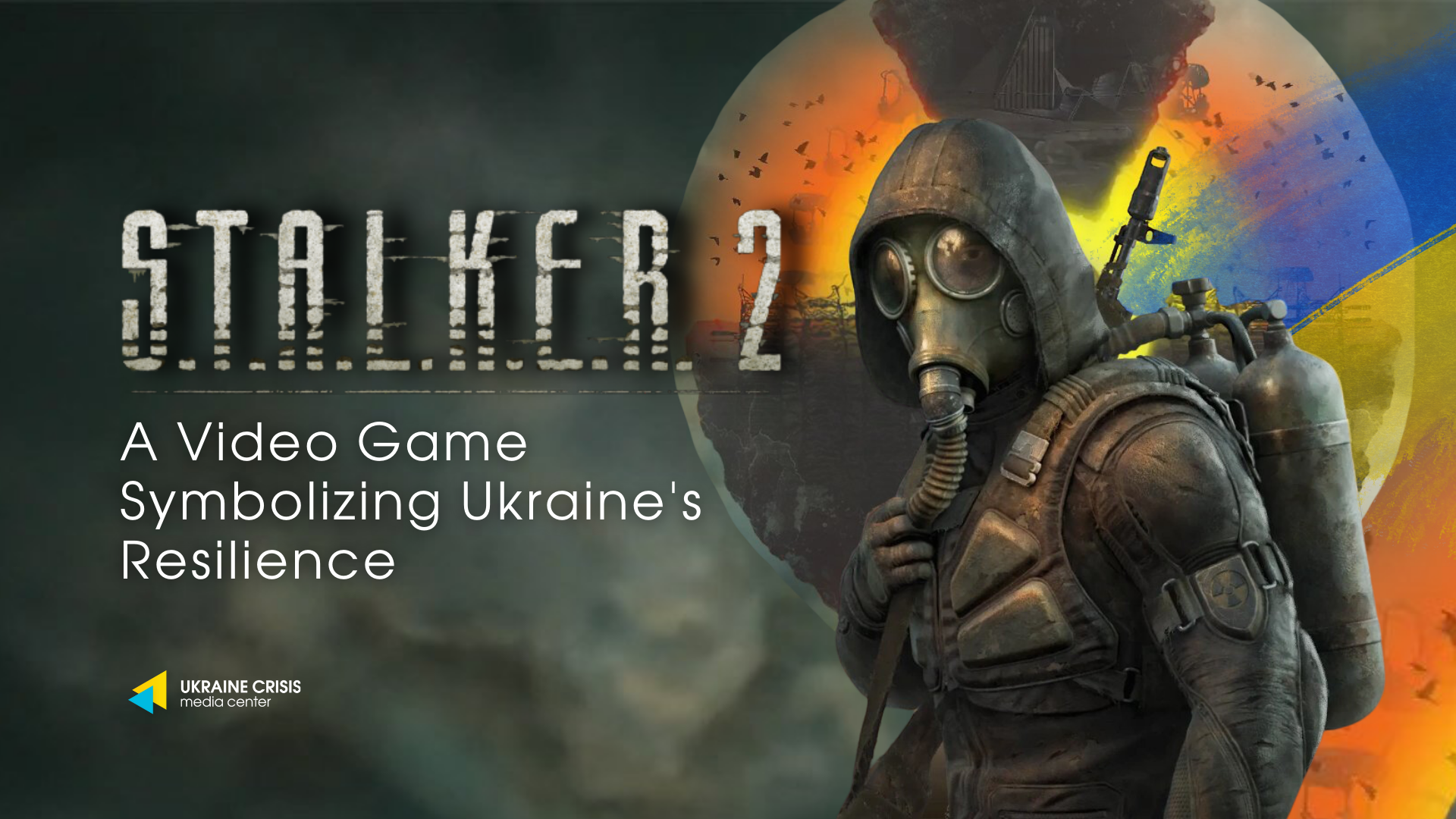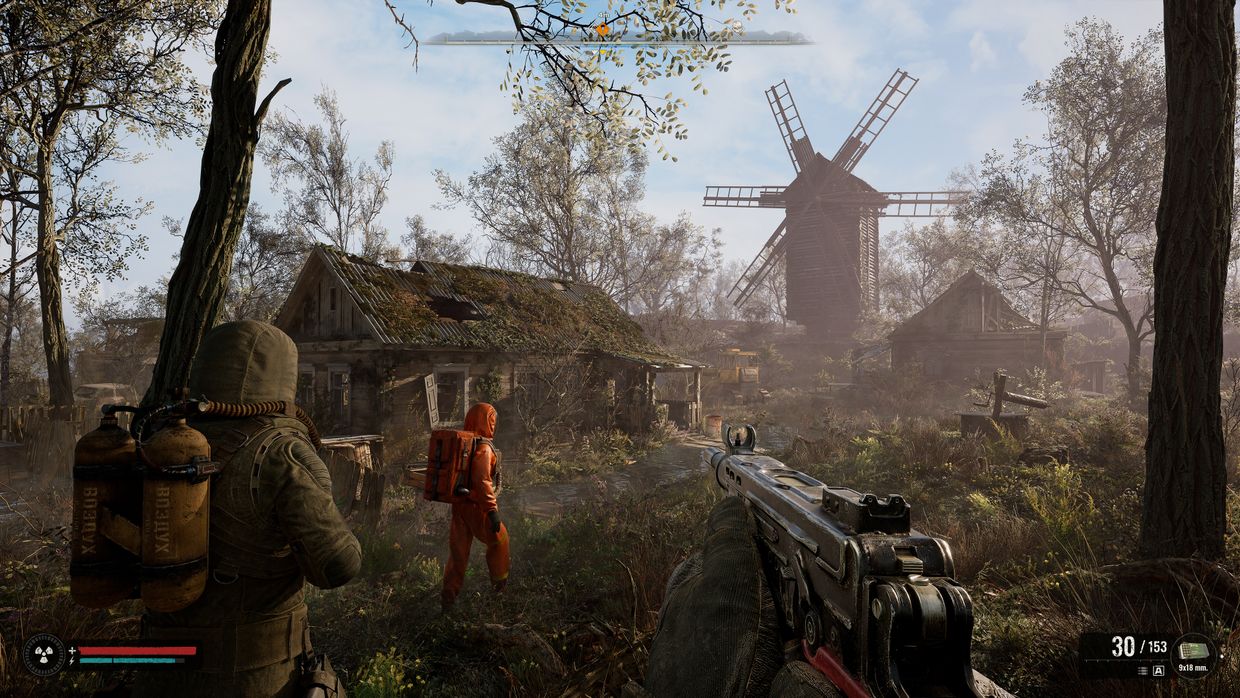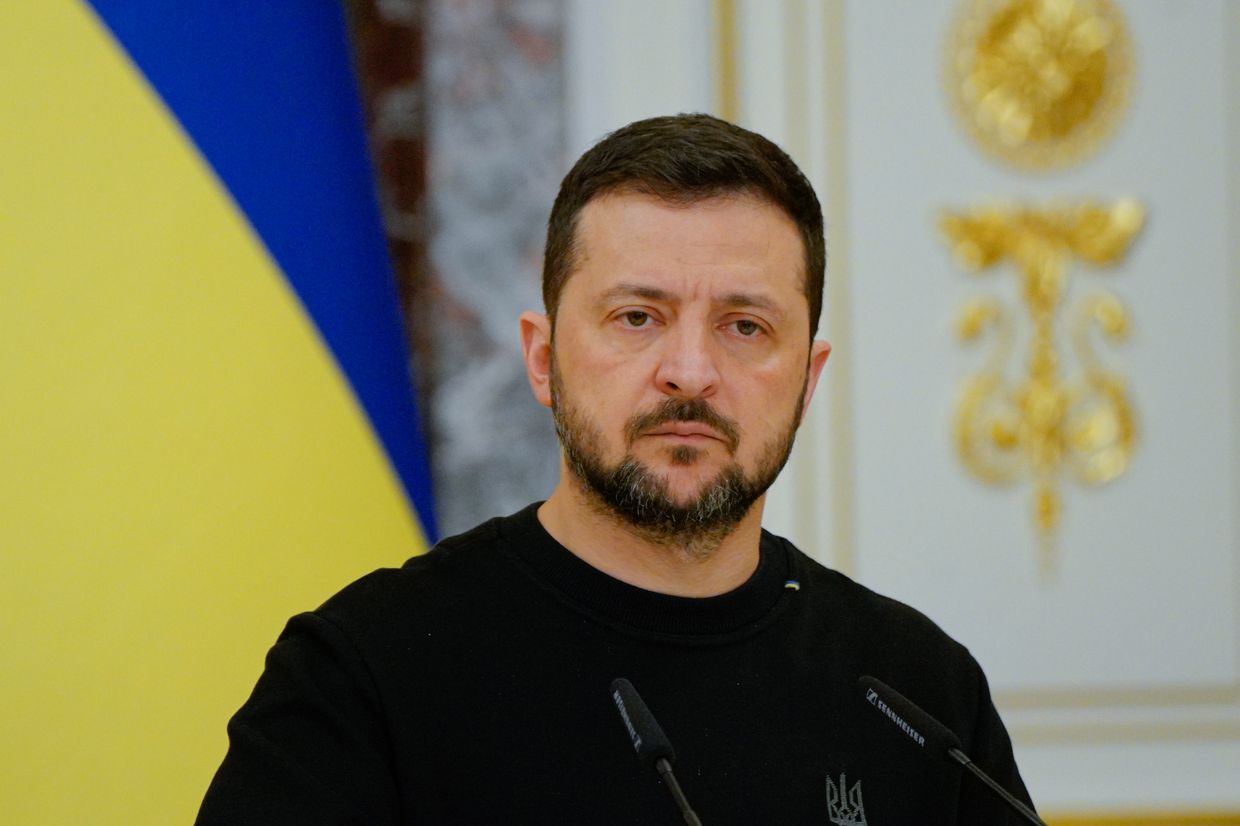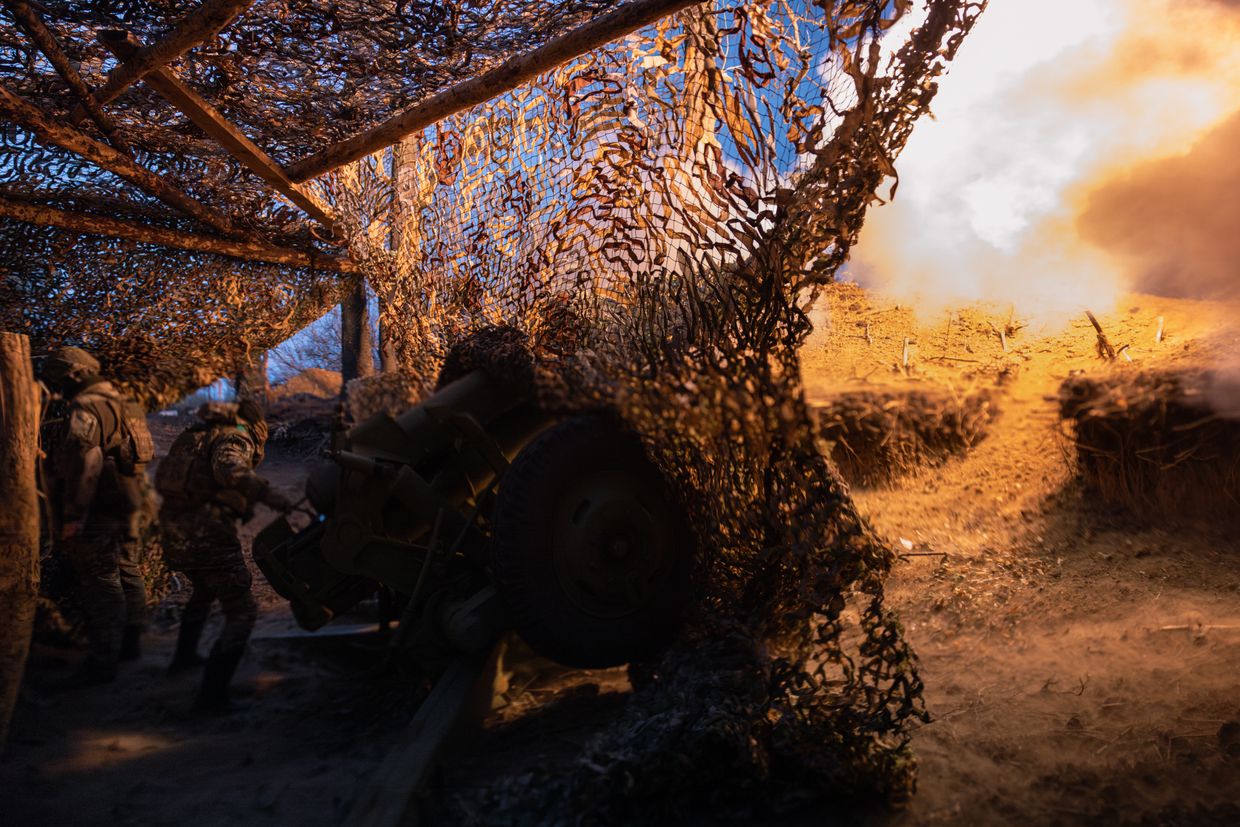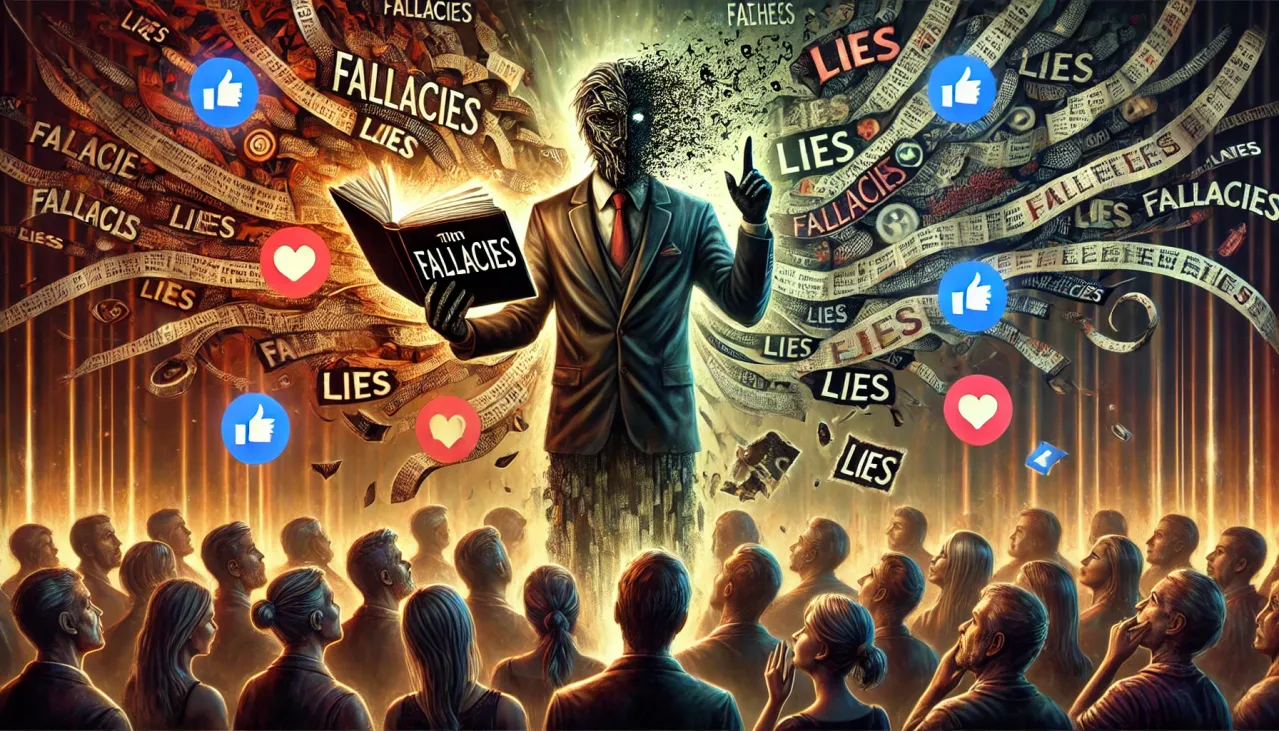The proliferation of disinformation is a fundamental challenge to stable and prosperous African societies. The scope of these intentional efforts to distort the information environment for a political end is accelerating.
The 189 documented disinformation campaigns in Africa by the Africa Center for Strategic Studies, are nearly quadruple the number reported in 2022. Given the opaque nature of disinformation, this figure is surely an undercount.
Actors driving sophisticated disinformation attacks on African media ecosystems are taking advantage of the rapid expansion in the reach and accessibility of digital communications to reshape the continent’s information systems at scales and speeds not possible through traditional analog platforms.
There is a strong link between the scope of disinformation and instability. Disinformation campaigns have directly driven deadly violence, promoted and validated military coups, cowed civil society members into silence, and served as smokescreens for corruption and exploitation. This has had real-world consequences for diminishing Africans’ rights, freedoms, and security.
This onslaught of purposeful obfuscation comes as 300 million Africans have come onto social media in the past 7 years. There are now more than 400 million active social media users and 600 million internet users on the continent.
Africans who are online rely on social media platforms for consuming news at among the highest rates in the world.
Social media users in Nigeria and Kenya are near the top of the globe in the number of hours per day spent on social platforms. They are simultaneously the countries that report the most concern about false and misleading information.
“The major actors are Russia, China, and the Gulf States [Qatar, Saudi Arabia and the United Arab Emirates] in that order,” ACSS research director Joseph Siegle said in a March 23 interview with Voice of America. “Approximately 60% of all of the documented campaigns we’ve identified are foreign-sponsored. They do this because it’s an inexpensive but powerful asymmetric tool for gaining influence.”
With its goals of state capture, resource extraction and weapons sales, Russia has a keen interest in undermining democracy and supporting military juntas. It has pushed fake news and propaganda in at least 19 African countries, according to the report.
Its 80 disinformation campaigns have reached millions of users through tens of thousands of coordinated fake and sponsored webpages and social media posts.
As an example of Russia’s reach, two prominent disinformation influencers have a combined social media following of more than 28 million users. Their content is amplified daily by a vast network of hundreds of Russia-linked accounts and pages. It is targeted to audiences in locations strategic to Russia’s interests, such as the Sahel.
“By shaping narratives about what’s happening on the ground, this influences how the public interprets events and has direct implications for governance norms and policies,” Siegel said. “Many of these campaigns are aimed at propping up military juntas or authoritarian governments with whom these foreign actors have allegiances, and this enables them to assert more influence.”
1/3
Next 👉 Bullet point facts of the disinformation warfare theatre.
Bullet point facts:
👉 Disinformation campaigns have targeted every region of the continent. At least 39 African countries have been the target of a specific disinformation campaign.
👉 Disinformation tends to be concentrated. Half of the countries subjected to disinformation (20 of the 39) have been targeted three or more times, up from just seven countries meeting that threshold in 2022.
👉 African countries experiencing conflict are subject to much greater levels of disinformation—facing a median of 5 campaigns– highlighting the connection between instability and disinformation.
👉 Countries confronting disinformation typically face multiple disinformation actors. At times, these actors amplify one another’s misleading narratives, while at others, they clash or stay in separate lanes.
👉 Nearly 60 percent of disinformation campaigns on the continent are foreign state-sponsored—with Russia, China, the United Arab Emirates (UAE), Saudi Arabia, and Qatar as the primary sponsors.
👉 Russia continues to be the primary purveyor of disinformation in Africa, sponsoring 80 documented campaigns, targeting more than 22 countries. This represents nearly 40 percent of all disinformation campaigns in Africa.
👉 These 80 campaigns have reached many millions of users through tens of thousands of coordinated fake pages and posts. Aggressively leveraging disinformation is a mainstay of Russia’s use of irregular channels to gain influence in Africa.
👉 Russia has promulgated disinformation to undermine democracy in at least 19 African countries, contributing to the continent’s backsliding on this front
👉 African elections provide prime opportunities for disinformation. Some employ mercenary disinfo-ops teams. One private Israeli group, dubbed “Team Jorge,” has reportedly implemented disinformation campaigns to disrupt over 20 African elections since 2015.
👉 Domestic actors have also increasingly integrated disinformation into their political playbooks, notably during Kenya’s 2022 and Nigeria’s 2023 election.
👉 African countries that uphold presidential term limits (i.e., those with stronger checks and balances) are less exposed to foreign sponsored disinformation, with an average of 1.5 campaigns compared to an average of over 3 campaigns for countries without term limits. This underscores the common aim of foreign disinformation to prop up authoritarian actors.
👉 Disinformation is surging in African information spaces at a time when press freedom—a critical protective barrier against disinformation—is in decline. Legislation targeting digital disinformation has been used as a pretext for harassing and detaining journalists.
👉 Africa is subject to 23 transnational disinformation campaigns—nearly all of which are sponsored by external state actors attempting to assert influence on the continent.
👉 Russia and China are the leading sponsors of these Africa-wide campaigns to advance their geostrategic interests and shape narratives that undermine democratic processes, promote coups in Africa, stoke anti-Western and anti-United Nations sentiment, and spread confusion about climate change science, among others.
👉 Given their scale, these attacks achieve some of the most expansive reach. Two prominent disinformation influencers connected to Russia, for example, have a combined social media following of over 28 million users and their content has been amplified by a sprawling ecosystem of hundreds of Russian-linked accounts and pages.
2/3 Next
👉 Bullet points (Contd..) and the Southern Africa example
👉 Russia is the single largest sponsor of Africa-wide disinformation campaigns with 16 of these far-reaching operations.
👉 These disinformation campaigns employ paid African influencers, digital avatars, and the circulation of fake and out-of-context videos and photographs. These messages copy-and-paste from and are amplified through multiple channels of Russian state-controlled media, radio, and official communications, creating the repetitive echo chambers in which disinformation narratives become rote.
👉 Russian embassies appear to have helped set up a network of ostensibly African grassroots front organizations (Partenariat Alternatif Russie-Afrique pour le Développement Économique (PARADE) and Groupe Panafricain pour le Commerce et l’Investissement (GPCI)) to generate and amplify disinformation.
👉 The Wagner Group has been the Kremlin’s primary vehicle for engineering disinformation in Africa—with direct links to approximately half of all Russian-linked campaigns on the continent. Following the 2023 death of Yevgeny Prigozhin, Wagner’s founder, Russian disinformation operations are being absorbed into the newly established Russian Africa Corps and the Africa Initiative News Agency, connected to Russian intelligence services and overseen by Artem Sergeyevich Kureyev from Moscow
👉 The Chinese Communist Party (CCP)—via the United Front and China Media Group—is the second most prolific Africa-wide sponsor of disinformation with five known multi-regional campaigns. Two of these cases have aligned with or amplified Russian narratives.
👉 The CCP’s approach is more institutionalized and heavily invested in laundering official CCP narratives through the ownership and control of ICT infrastructure as well as through licensing and training agreements with African media. These campaigns are part of a wider CCP effort to step up its use of disinformation.
Example country - 25 Campaigns Targeting 8 Countries⁉️
China’s armies of bots artificially amplifying Chinese diplomats in Africa have been most active in southern Africa, targeting 6 countries.
The most documented campaigns in the region have been directed at South Africa and Zimbabwe.
⁉️ In both countries, external and internal actors have used disinformation to shape narratives and sow distrust among the population during presidential campaigns.
⁉️ Russia has been the primary disinformation actor in South Africa. In addition to pushing narratives intended to polarize communities, fan distrust, and bolster the African National Congress, Russia has used influential South Africans to promote pro-Russian narratives within South Africa and abroad.
⁉️ China has been the primary external purveyor of disinformation in Zimbabwe. China has enacted campaigns to support ZANU-PF by suppressing opposition and civil society voices, promote Chinese political and business propaganda, and push anti-Western narratives.
⁉️ China has weaponized social media channels and traditional state-controlled media to disseminate and amplify false claims to support these campaign.
3/3
If you enjoy my threads, please consider supporting my work on Patreon or BuymeACoffee!
Thank You!
to those who have supported me on Patreon or buymeacoffee, you are simply awesome.buymeacoffee.com/beefeaterfella
Beefeater is 🇬🇧 Beefeater 🇬🇧 #NAFO #Fella 🇺🇦 The Guardian of Facts 🫶Beefeater_Fella Twitter and Patreonhttps://www.buymeacoffee.com/beefeaterfella
Get more from Beefeater_Fella Research on PatreonGuardian of the factshttps://patreon.com/Beefeater_Fella
References and Sources:africacenter.org/spotlight/mapp…
Russia Flooding Africa With Disinformation - Africa Defense ForumADF STAFF A new report shows disinformation is having a major impact on the lives of Africans, as digital campaigns are weakening stability, security and freedom. Russia stands out as the chief source…https://adf-magazine.com/2024/04/russia-flooding-africa-with-disinformation/
Mapping a Surge of Disinformation in Africa – Africa Center for Strategic StudiesDisinformation to manipulate African information systems has surged since 2022, triggering destabilizing and antidemocratic consequences.https://africacenter.org/spotlight/mapping-a-surge-of-disinformation-in-africa/
For my visually impaired followers - use the response link to this tweet for an audio narration:@Trinityaudiobot audio


